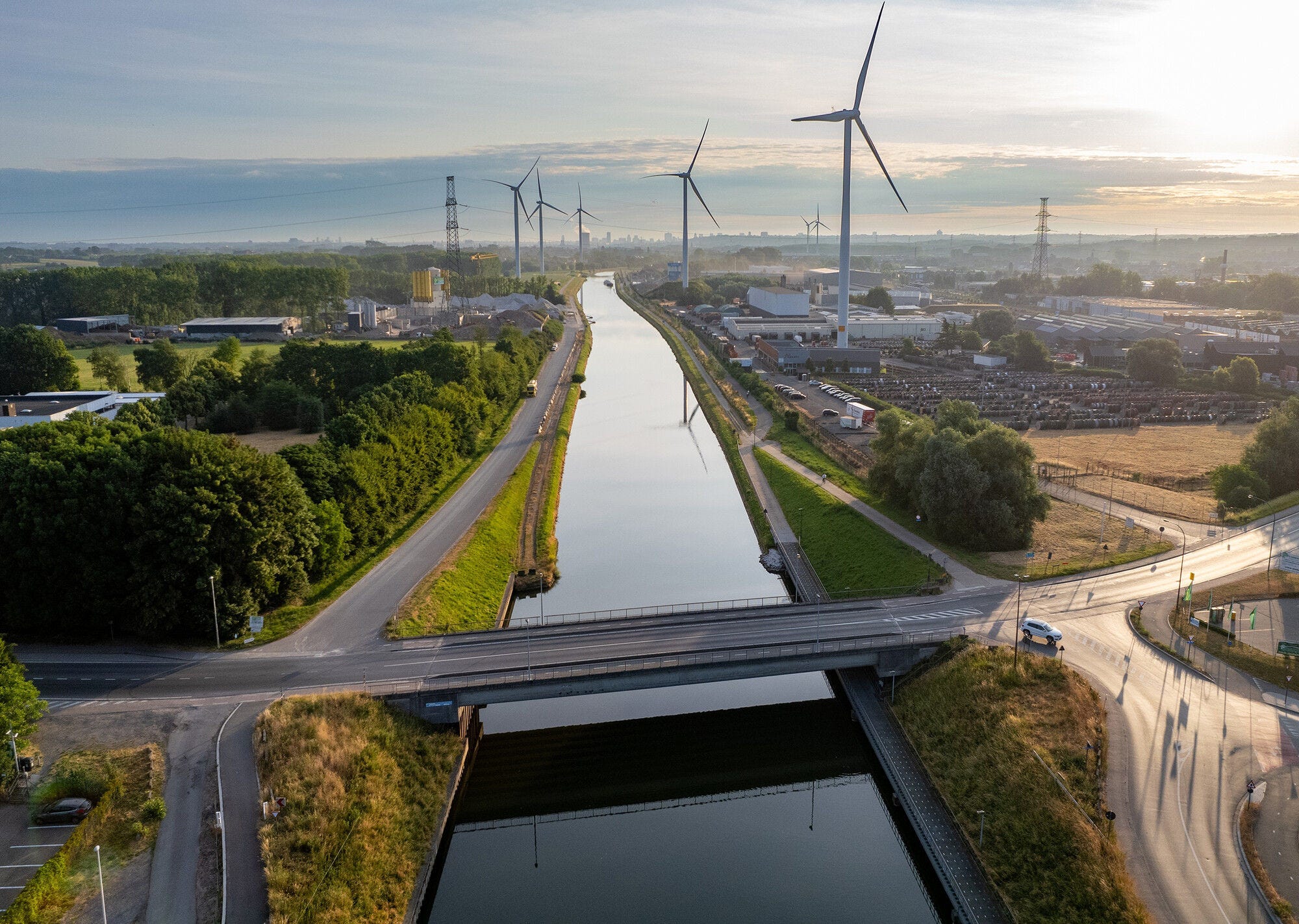A National Plan for Sustainable Procurement (PNAD) has been adopted for 2022-2025. This national strategy includes all public and private purchasers, this roadmap sets common objectives and provides for the deployment of tools and support programmes for all buyers.
The National Sustainable Procurement Plan is not referenced in other national commitments or strategies. However, it aligns with the objective set by the Climate and Resilience Law of August 22, 2021, to incorporate environmental considerations into all public procurement contracts by no later than 2026.
The National Sustainable Procurement Plan aims to ensure co-ordination between various procurement strategies and the integration of environmental considerations into all public procurement contracts. Additionally, the goals of the National Plan for Sustainable Procurement (PNAD) align with recent regulatory developments in sustainable public procurement, including the Climate and Resilience Law, the AGEC Law, the EGALIM Law, and the Circular of the Prime Minister of February 25, 2020, on "Eco-Responsible Public Services."
The assessment of coherence between legislative or regulatory texts and PNAD objectives occurs at multiple levels, including annual result measurement, particularly by the Directorate of State Purchases (DAE) for state and public institutions' purchases, and government reporting to Parliament in the context of law implementation.
The General Directorate for Sustainable Development (CGDD), as a cross-cutting department of the Ministry of Ecological Transition and Territorial Cohesion, is responsible for steering the National Sustainable Procurement Plan (PNAD) 2022-2025. It co-ordinates nationwide actions on sustainable procurement across all types of buyers. Meanwhile, the State Purchasing Directorate (DAE), within the scope of the state and its public institutions, is responsible for defining, implementing, and steering responsible purchases in line with PNAD objectives. The DAE operationally integrates environmental considerations into purchasing strategies and inter-ministerial contracts it oversees. It also provides recommendations to buyers for enhancing the environmental quality of purchases and implements an accompanying training programme.
